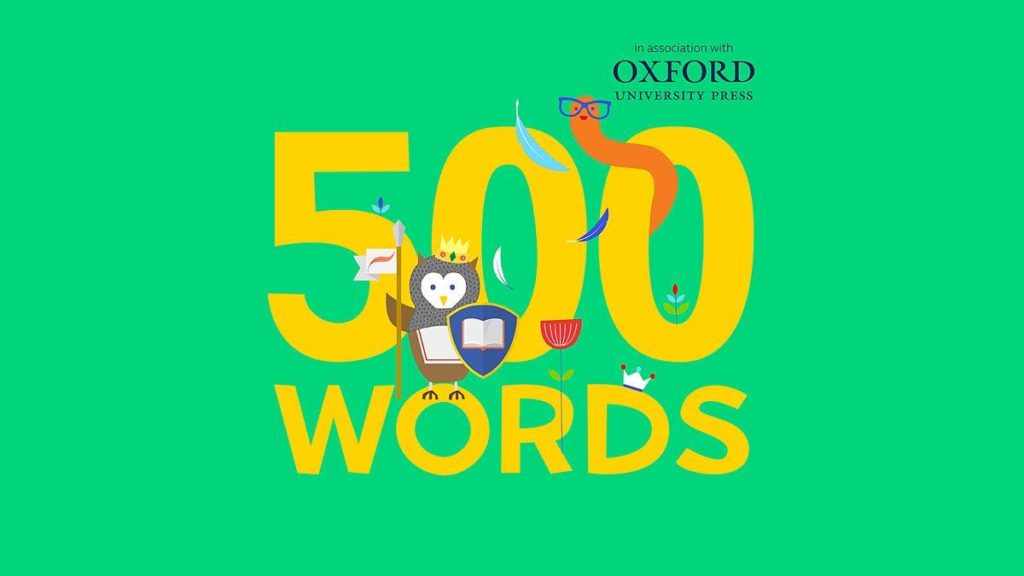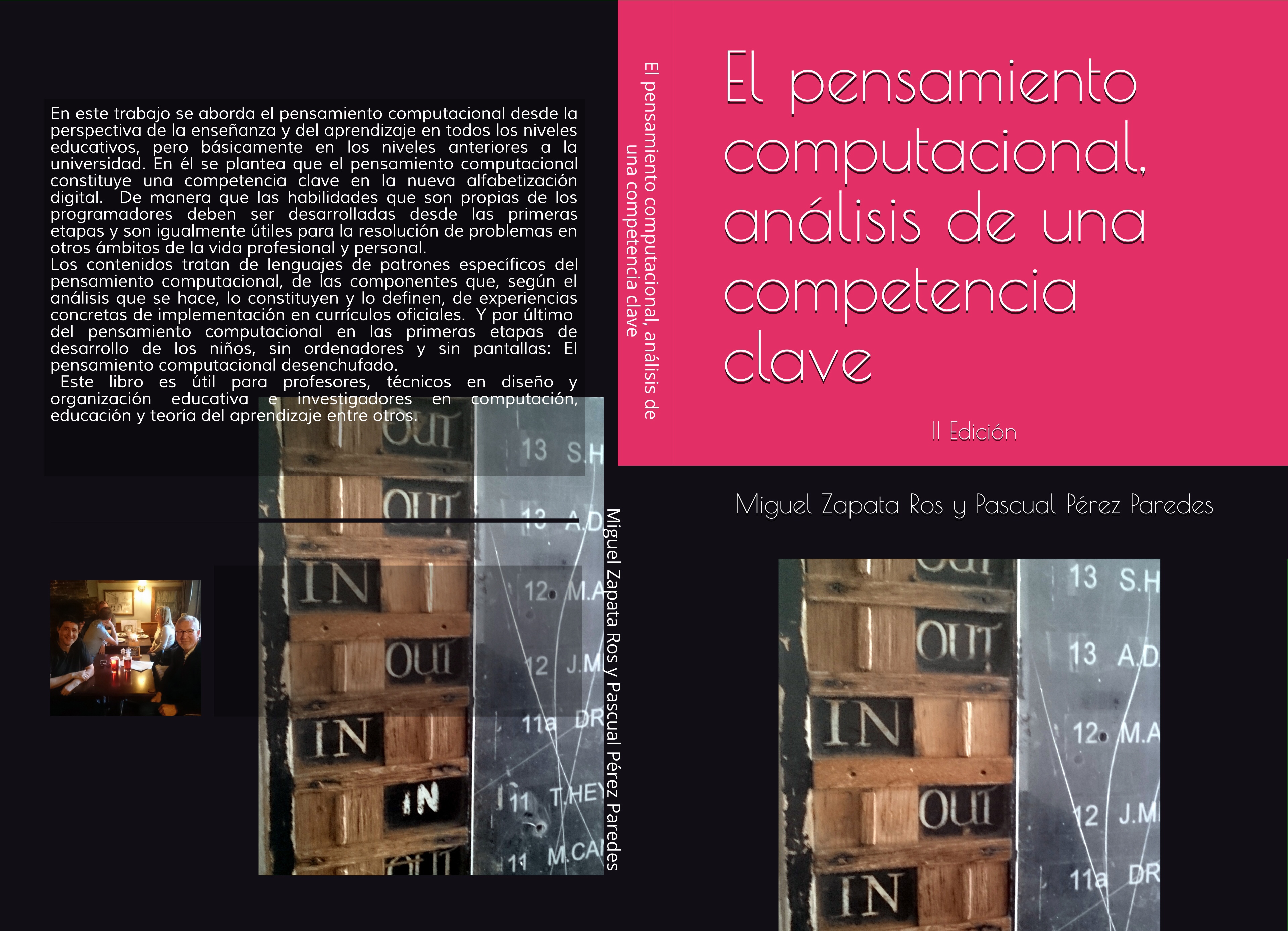“To write a really good paper you need to make a case for its originality, significance, and rigour.” – @AnnaVignoles
— FERSA (@fersacambridge) February 18, 2019
Videos
500 Words 2019: the biggest short-story writing competition for kids & Sketch Engine
500 Words 2019

The world’s biggest short-story writing competition for kids has returned.
Dates for your diary
All entries must be received by Friday 8th March at 7pm.
This year’s 500 Words Final will be broadcast live on BBC Radio 2 from Windsor Castle, on The Zoe Ball Breakfast Show, on Friday 14th June.
A corpus of stories written by children
500 Words is an open invitation to the wide world of imagination, so it’s time to get those creative cogs turning!
BBC, Oxford University Press, 500 Words and Sketch Engine – what’s the connection? BBC and Oxford University Press organize the world’s biggest short-story writing competition for kids.
After the winners are announced, the stories are processed by Sketch Engine into the Oxford Children’s Corpus, a 340-million-word database used by linguists and lexicographers to learn how children use English.
Read previous research “Oxford Children’s Corpus: a Corpus of Children’s Writing, Reading, and Education (PDF)
Source: BBC website
El pensamiento computacional, segunda edición

En este trabajo se aborda el pensamiento computacional desde la perspectiva de la enseñanza y del aprendizaje en todos los niveles educativos, pero básicamente en los niveles anteriores a la universidad. En él se plantea que el pensamiento computacional constituye una competencia clave en la nueva alfabetización digital. De manera que las habilidades que son propias de los programadores deben ser desarrolladas desde las primeras etapas y son igualmente útiles para la resolución de problemas en otros ámbitos de la vida profesional y personal. Son habilidades que permiten a los individuos desarrollar las funciones de comunicación, representación y proceso de la información propios de la nueva cultura, la de la Sociedad del Conocimiento. Los contenidos tratan de lenguajes de patrones específicos del pensamiento computacional, de las componentes que, según el análisis que se hace, lo constituyen y lo definen, de experiencias concretas de implementación en currículos oficiales. Y por último del pensamiento computacional en las primeras etapas de desarrollo de los niños, sin ordenadores y sin pantallas: El pensamiento computacional desenchufado.Este libro es útil para profesores, técnicos en diseño y organización educativa e investigadores en computación, educación y teoría del aprendizaje entre otros.
Migrants here to provide maximun benefit
Today, 27/1/2019, Sajid Javid UK Home Secretary laid out that the Govt sees immigrants as an asset to generate a “maximum benefit”.
May´s thing with immigrants and freedom of movement
A couple of years ago I published research that examined how migrants were constructed both in the UK immigration legislation and in the information delivered through the UK Border Agency website. We wrote this in 2015 well before the Brexit Referendum. I read this again today and have realised how naive we were. The following is part of our conclusions:
What our results seem to suggest is that for the UK Administration, the issue of immigrant integration is not part of how immigrants are constructed in the legislation and the information that the UK immigration agencies and authorities publish and distribute. This failure to mention integration issues in the legislation is not found in other legal systems such as in Italy, where Hernández González (2016) discovered a tension between inclusion/integration and exclusion/control in the same 2007–2011 period. The language-driven evidence provided in this study corroborates that the use of the lemma ‘migrant’ in the two corpora analysed calls for a partial construction of immigrants mainly as workers who need to be tightly controlled and classified into Tiers to prevent unlawful behaviour. In doing so, migrants, an alternative word for immigrants in our research context, acquires an extremely subtle negative prosody.
Pérez-Paredes, P., Aguado. P. & Sánchez, P. (2017). Constructing immigrants in UK legislation and Administration informative texts: a corpus-driven study (2007-2011). Discourse & Society,28,1,81-103.